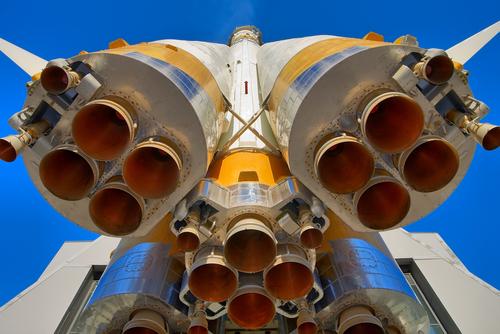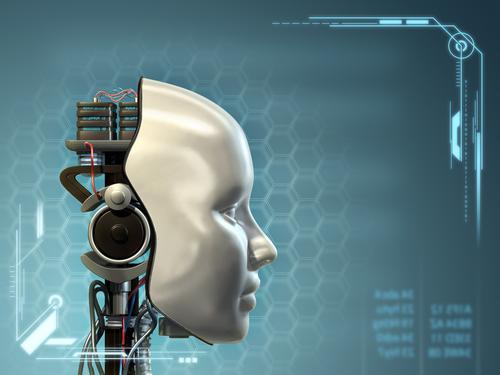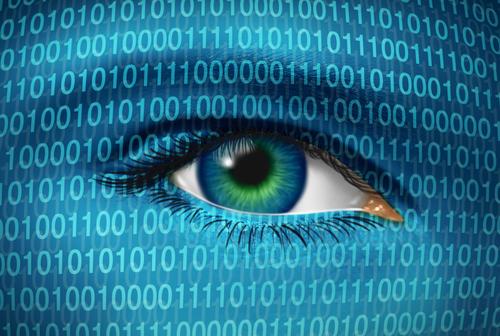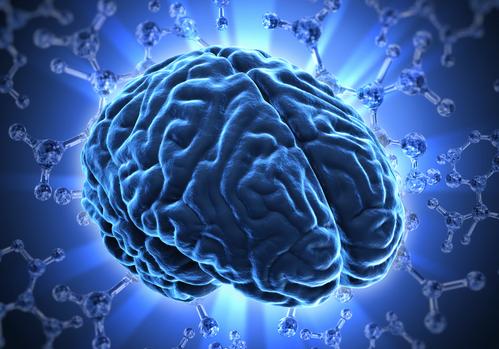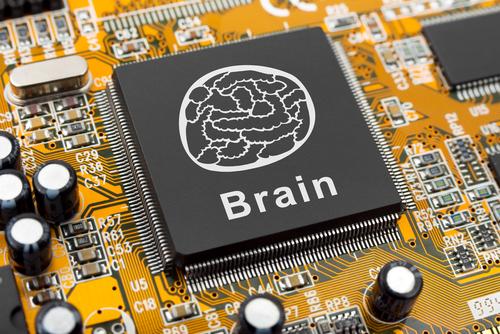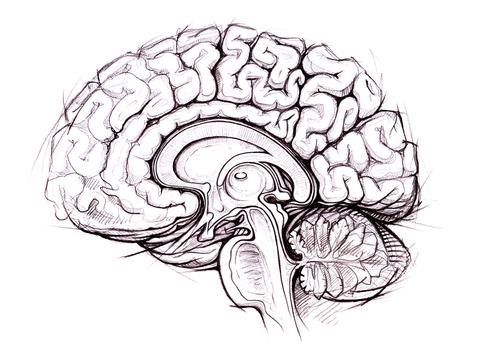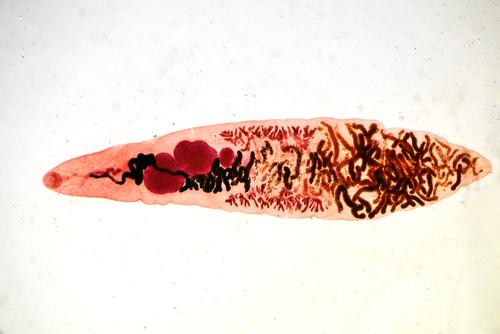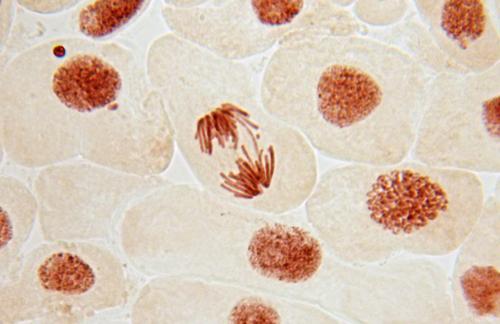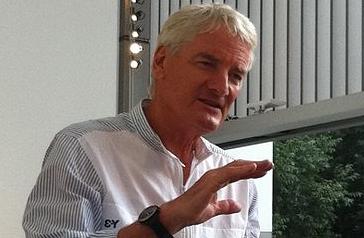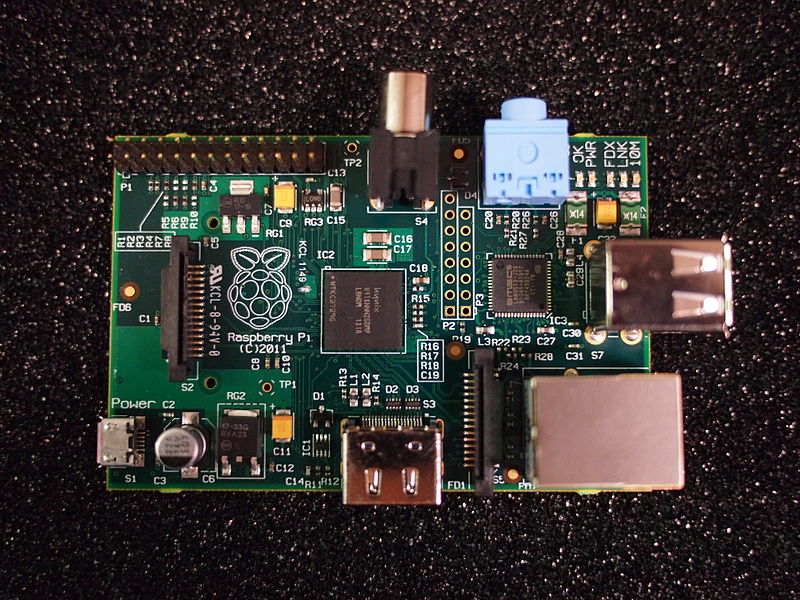Orion Jones
Managing Editor
Get smarter, faster, for success in the knowledge economy. Like us on https://t.co/6ZFWKpoKLi or visit https://t.co/d7r7dG2XOq
NASA scientists have discovered a thin strip of oxygen in the atmosphere of Dione, one of Saturn’s 60 moons. It seems to be a rare case of oxygen existing without the support of live organisms.
Located 10.5 billion light years from Earth, the universe’s oldest cluster of galaxies has been discovered by scientists using a powerful new near-infrared camera called FourStar.
Using a unique telescope at New Mexico’s Apache Point Observatory, astronomers are taking detailed digital photos, half a trillion pixels each, to make a 3D map of our amazing Universe.
The private space company SpaceX has successfully launched a rocket that will soon carry supplies to the International Space Station. Its ultimate goal is a manned mission to Mars.
Using the power of a mobile Internet, individuals are increasingly sharing goods from business ties to children’s toys. The new collaborative consumption model is a cultural shift.
If artificial intelligence acquires something akin to human consciousness, it would be free to manipulate, seduce, bribe and blackmail. Computer scientists are working on solutions.
Literature is a reflection of life, situated in the present culture but reflecting its universal values. How will the information age be brought to bear on writers and their works?
Now that Google has consolidated all user information across all its platforms, creating a massive and profound collection of personal data, have our expectations of privacy been given the death knell.
During its famous Jeopardy! match, IBM’s natural language computer named Watson was given the clue, “What grasshoppers eat.” When this computing marvel answered, “Kosher,” it looked dumb.
IBM has built a fully integrated control center that monitors Rio de Janeiro like no other city in the world, collecting and analyzing data to help prevent catastrophe and create a more livable metropolis.
China has at once decreased it economic forecast and bolstered its military budget. The change signals its search for higher-quality manufacturing and a modest military ambition.
World Bank figures show that 2010 absolute poverty levels were half what they were in 1990, suggesting that the UN has met its Millennium Development Goals five years early.
While welfare programs like Social Security, Medicare and Medicaid did not directly cause the recession, they may be responsible for aggravating the problem. Might they even cause a depression.
“Properly led, the World Bank can build bridges among science, business, civil society and finance that will put sustainable solutions within reach,” says Jeffrey Sachs, who seeks its presidency.
You can’t put more of your brain to work, says Johns Hopkins cognitive scientist Barry Gordon. You can, however, learn to make it work more productively. Here are three solutions.
Just weeks ago, one of the largest ever surveys on memory was completed and data are beginning to come in. Our memory of certain events is hardly reliable, say the study’s authors.
The subconscious has an uncanny processing power which translates data into feeling rather than syllogistic chains. In many cases, emotion succeeds where rationality does not.
Swiss scientists are vying for $1.3 billion dollars in grant funds to construct an artificial human brain. The open source coding for the brain would be made available to all researchers.
Metacognition is the science of introspection. How well we know ourselves compared to how well we think we know ourselves could have profound consequences for medicine and philosophy.
Scientists have found an flatworm species that can overcome the aging process, potentially becoming immortal by rejuvenating their telomeres. What can humans learn from the process?
A global organization called Friends of Science in Medicine, of which several prominent physicians are a member, is fighting to take alternative medicine curriculum out of universities.
MIT scientists have developed a way to deliver messages to cancer-causing genes using a method known as RNA interference. The tool could help treat neurological and immune disorders, too.
Body sensors linked with mobile devices are increasingly able to measure changes in your body. For those experiencing stress-related disorders, it could mean a new way of treatment.
Will advances in genetics that allow individuals to be treated for disease according to their unique DNA bring about the end of medicine? Some doctors are wildly optimistic. Others, not.
You may think you are a good listener. Who doesn’t, after all? But many people show they are listening without hearing a word, resulting in miscalculations and bad decisions.
The British inventor says that from an engineering point of view, it is much more challenging to sell machines for their smallness than for their largeness, but that is the challenge of his work.
The city’s mayor wants to take a regional path to growth, getting Chicago to cooperate with its 14 surrounding counties to capitalize on the area’s collective resources. But will that work?
A budding technology industry is making Detroit a small Silicon Valley, replete with dense office space and access to a growing community of entrepreneurial expertise.
Two business professionals differ in their views of launching a start up. One says entrepreneurs should trust their instinct. The other says being mindful of data pays dividends.
The Raspberry Pi computer has been met with huge public demand. Its creators hope to change the face of education, emphasizing open-source computer programming skills.



